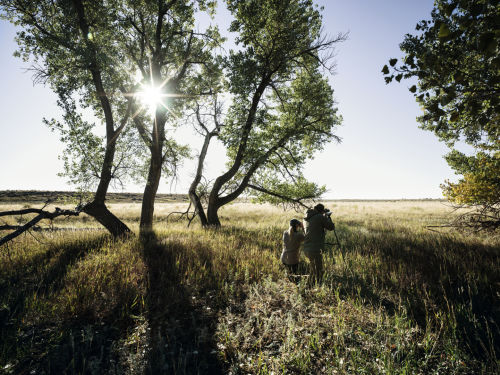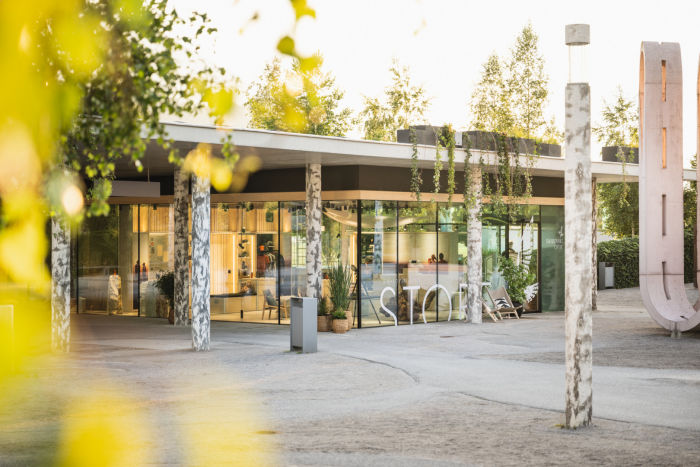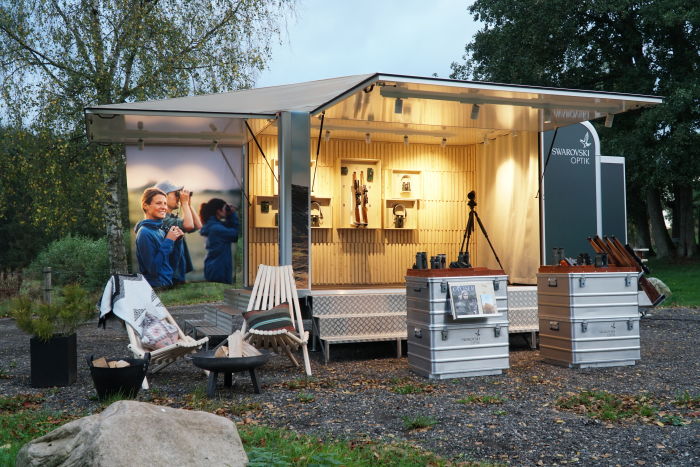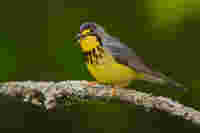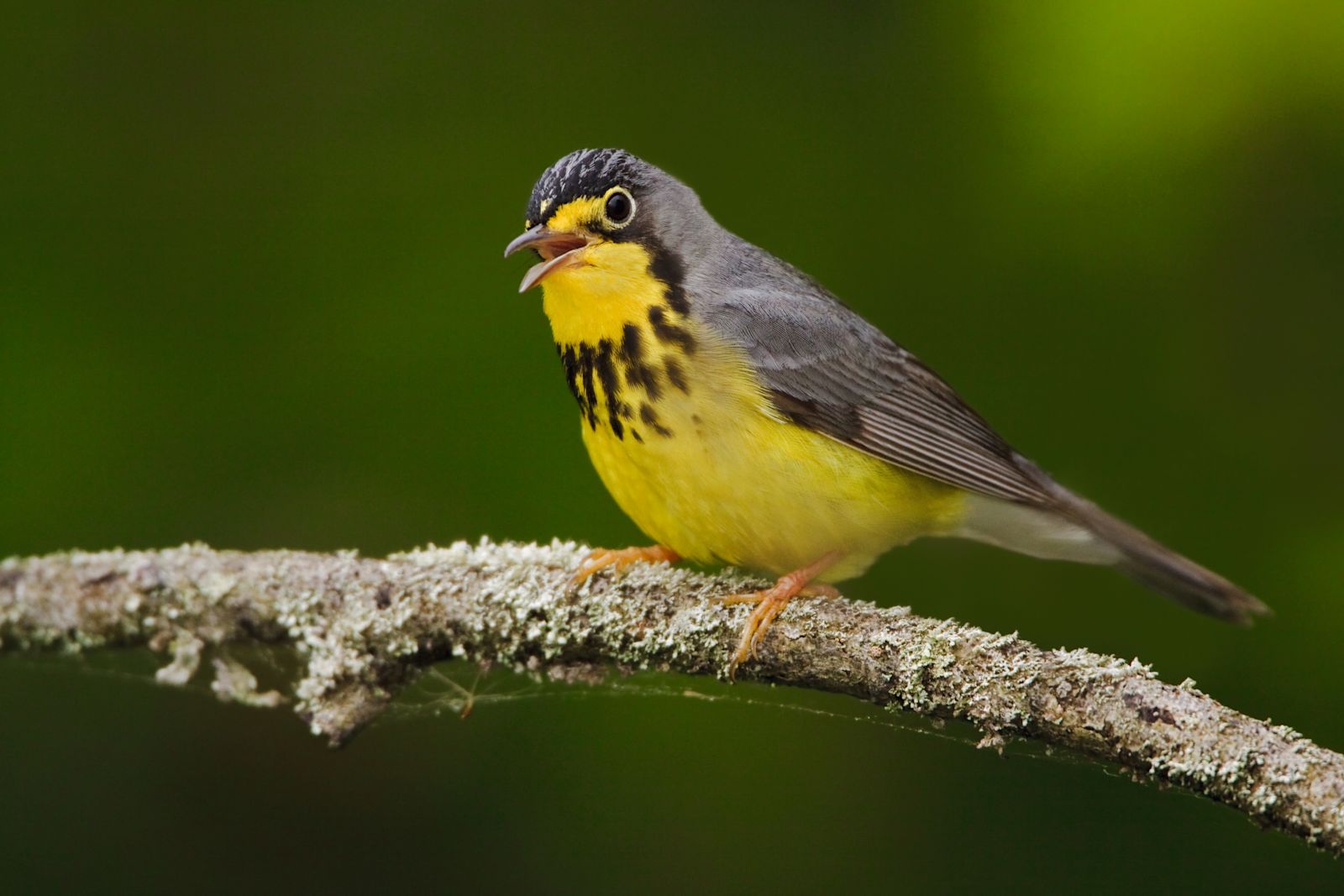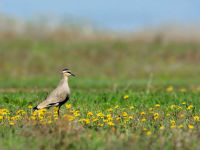Some threatened species are confined to very small areas such as islands or isolated mountain ranges and forests, and these locations provide an obvious focus for conservation efforts. But what can be done when the species in question occurs over huge distances, breeding in one continent and spending the other half of the year in another?
Conservation challenges
That is the challenge posed by Canada Warbler, a beautiful grey-and-yellow songbird with a distinctive ‘necklace’ of streaks that breeds in the wet mixed forests of southern Canada and north-eastern USA, and then migrates to north-western South America. Its range encompasses an estimated 5.8 million square kilometres, so understanding what problems it faces in different parts of this vast area is no simple task.
Cross-border research and action needed
Although classified in global conservation terms as of Least Concern because of its large range and population size, it has long been clear that Canada Warbler is in trouble. According to BirdLife International the species underwent a rapid annual decline of 3.8 per cent between 1980 and 2007, and a further – albeit more moderate – decrease subsequently. An estimated overall decline of 62 per cent in breeding numbers since 1966 illustrates why it is considered threatened in Canada – which is home to 80 per cent of the population – and is a species of conservation concern in parts of the USA. It also emphasises the urgent need for cross-border research and action.
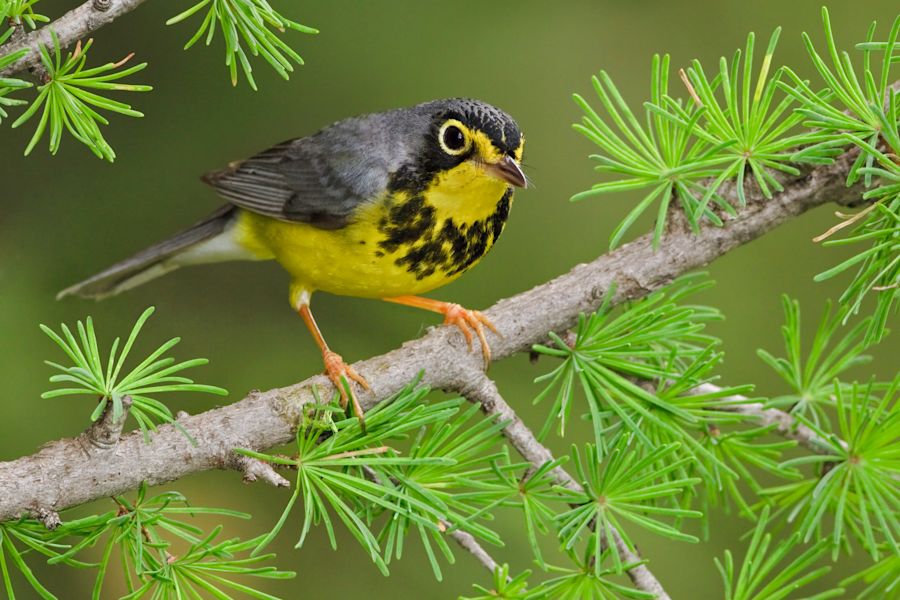
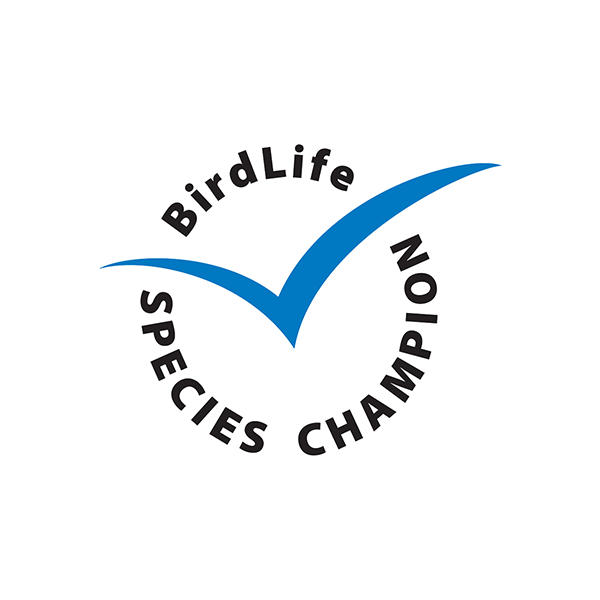
In 2013, recognising this as a priority, several conservation organisations including Birds Canada – whose logo features the Canada Warbler – and Asociación Calidris in Colombia launched a major new conservation initiative. This was supported by SWAROVSKI OPTIK, acting as the first BirdLife Species Champion for Canada Warbler, with the company’s Head of Strategic Business Development, Dale Forbes, commenting:
“We are delighted to catalyse this important project through our sponsorship and hope to raise awareness for this and other threatened birds throughout the Americas.”
Dale Forbes, HEAD OF STRATEGIC BUSINESS DEVELOPMENT AT SWAROVSKI OPTIKLight on the horizon
Two vital outputs from the conservation action led by BirdLife to date have been the development of an international Canada Warbler full life-cycle conservation action plan and a national action plan for the species in Colombia.
Conservationists from countries throughout its range are now able to share knowledge and develop and act on prioritised actions, including further research on distribution, foraging, habitat restoration and migration, as well as community outreach and habitat quality assessment.
Habitat loss on the wintering grounds
Although all threats are not yet fully understood, the single biggest issue seems to be habitat loss on the wintering grounds, with degradation and destruction of forests taking place in the key area of the northern Andes – an estimated 90 per cent of forests in this region have been cleared for agriculture, firewood, cattle and cultivation of crops such as coffee and cocoa.
In Colombia, acting as BirdLife International Species Guardian, Asociación Calidris is playing a key role. It has been able to involve 60 stakeholder organisations in the Canada Warbler conservation program, which aims to promote sustainable habitat management, implement sustainable production practices, and design and run communications and outreach initiatives, as well as generating important strategic alliances. Some of these stakeholder relationships are local but others extend far beyond the country’s borders.

Calidris
One of the program’s successes
One of the program’s successes is the establishment of 83 plant nurseries to help re-establish forest habitat for Canada Warbler, with almost 300 families from seven communities involved in the planting of 3,000 seedlings over 300 hectares – directly giving local people a stake in the sustainable management of forests in their areas. Calidris has also prepared information handouts with recommendations about the use of pesticides and landscape connectivity, and has taken to social media to spread the word about Canada Warbler and its conservation far and wide.
The organisation now plans to use knowledge gained on habitat requirements to help guide future restoration work, increase restored and connected habitat, and include key locations for the species within protected areas, including BirdLife’s Important Bird and Biodiversity Areas. Calidris also aims to understand the impacts of future climate events, promote more citizen science activities and involve additional stakeholders among producers and government. Work on this scale requires significant funding, and SWAROVSKI OPTIK has been able to help with a total of 200,000 USD invested in the project by 2022.
Sensitive species
The problem cannot be solved in Colombia alone, however. There are also issues on the breeding grounds in North America, with clearance, degradation and fragmentation of forests, including over-browsing of the understorey by deer, affecting some populations. The species is considered sensitive to forest fragmentation, though the inaccessibility of some areas on steep mountainsides and in wet woodland may offer it a degree of protection.
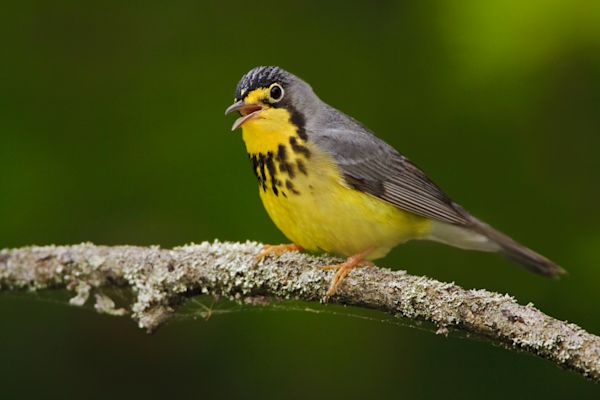
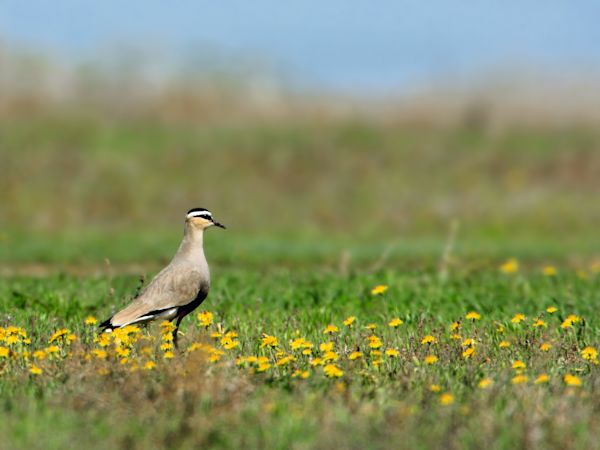
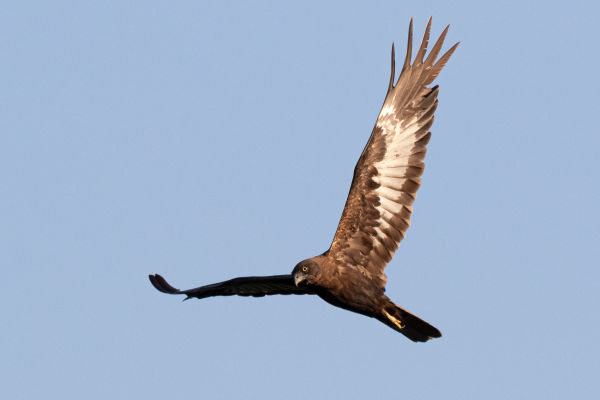
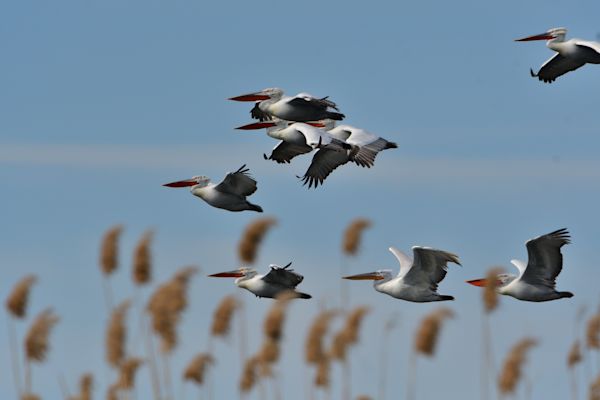




A dangerous journey
On passage, too, there are dangers. Aside from the many natural risks inherent in long-distance migration, collisions with buildings and other infrastructure are known to affect Canada Warbler. Up to one billion birds (of all species) are thought to die in such collisions in the United States alone every year, and past studies have shown that Canada Warbler is among those involved in collisions – for example, 325 were killed at a large chimney in Ontario over a 10-year period, including a staggering 131 on a single September night. While that might be exceptional, the risk is clearly significant on migration twice each year, and preventing bird strikes – especially in North America’s towns and cities at night – is very much an ongoing conservation issue.
“We believe in helping as many people as possible to experience the true beauty of nature in 'close-up', and I can’t think of a better flagship for that than the stunningly beautiful Canada Warbler.”
DALE FORBES, HEAD OF STRATEGIC BUSINESS DEVELOPMENT AT SWAROVSKI OPTIK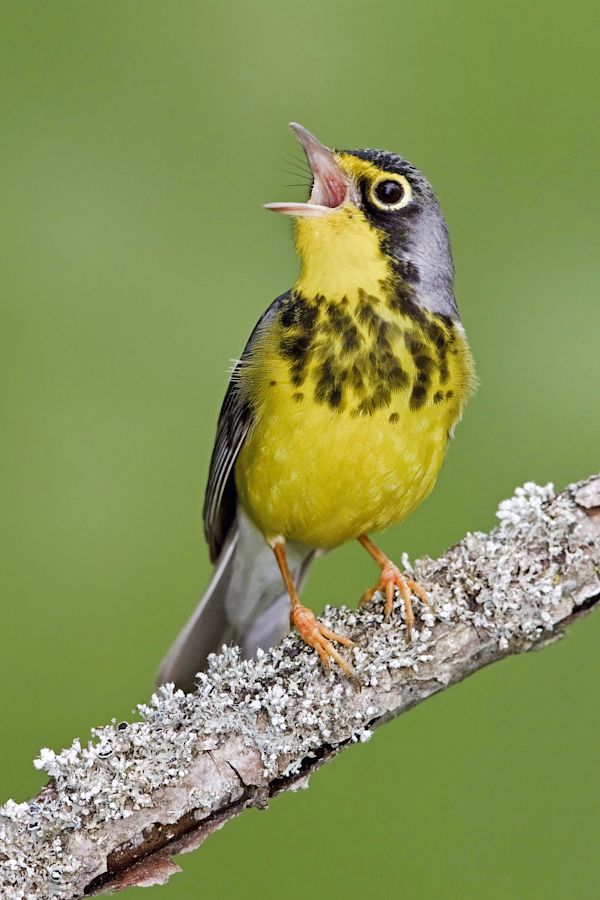
THE FUTURE LOOKS
BRIGHTER
Though there is more to learn about the complex ecology of Canada Warbler and the threats it faces, progress continues to be made, with SWAROVSKI OPTIK and numerous conservation agencies continuing to support the species. The future looks brighter than it did just a few years ago, with action now taking place throughout its range.




